From Hong Kong’s “reverse quarantine" to the rapid rise of Grammarly – Here’s your September 2 news briefing
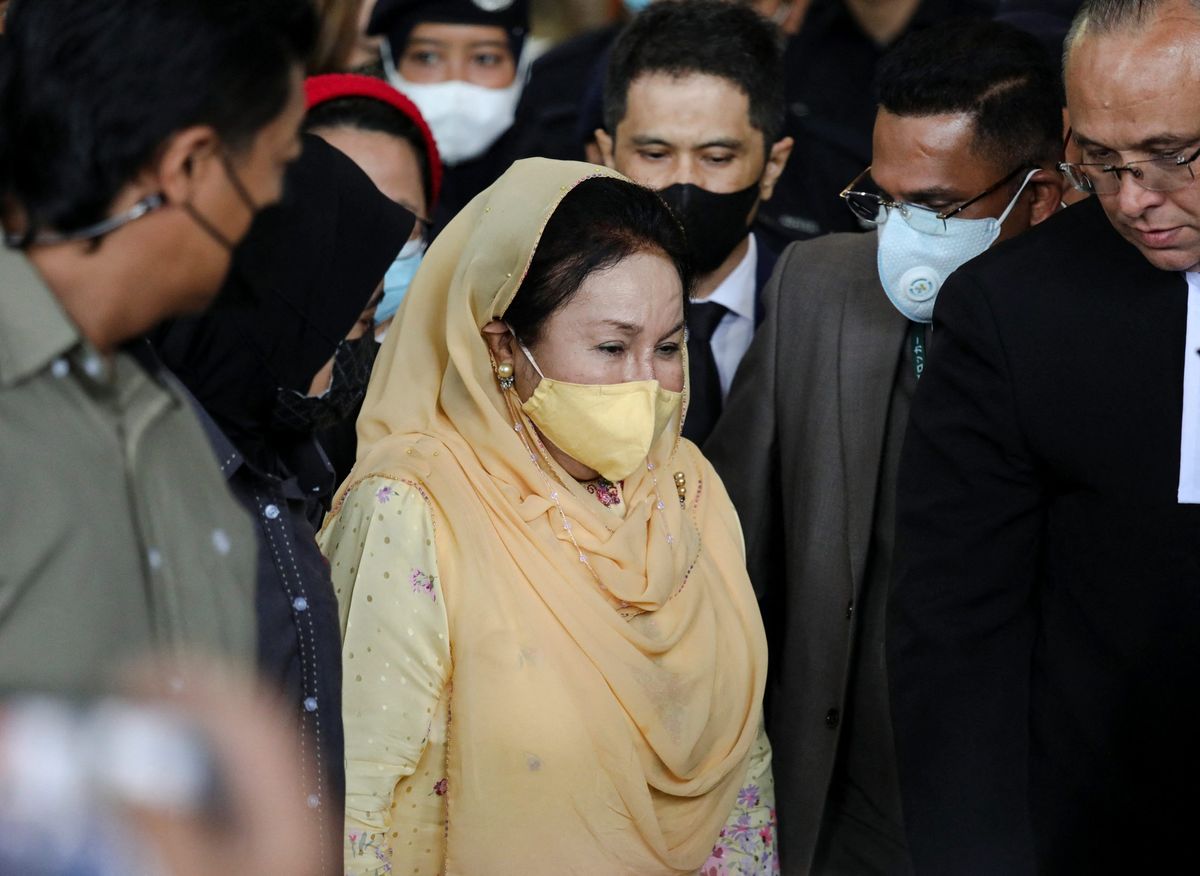
A few minutes every morning is all you need.
Stay up to date on the world's Headlines and Human Stories. It's fun, it's factual, it's fluff-free.
To start off, we’re looking into:
Malaysia’s former First Lady gets jail time
On Thursday, Rosmah was sentenced to 10 years for bribery in exchange for government contracts. Allegedly, Rosmah solicited 187.5 million ringgit (US$42 million) and received another 6.5 million ringgit (US$1.5 million) to help a company get a contract for providing solar power to schools on Borneo Island. She pled not guilty, but high court judge Mohamed Zaini Mazlan called her defense “bare denial and unsubstantiated.” On top of this verdict, Rosmah still faces 17 other charges of financial crimes to which she’s pleading not guilty.
Hong Kong’s “reverse quarantine”
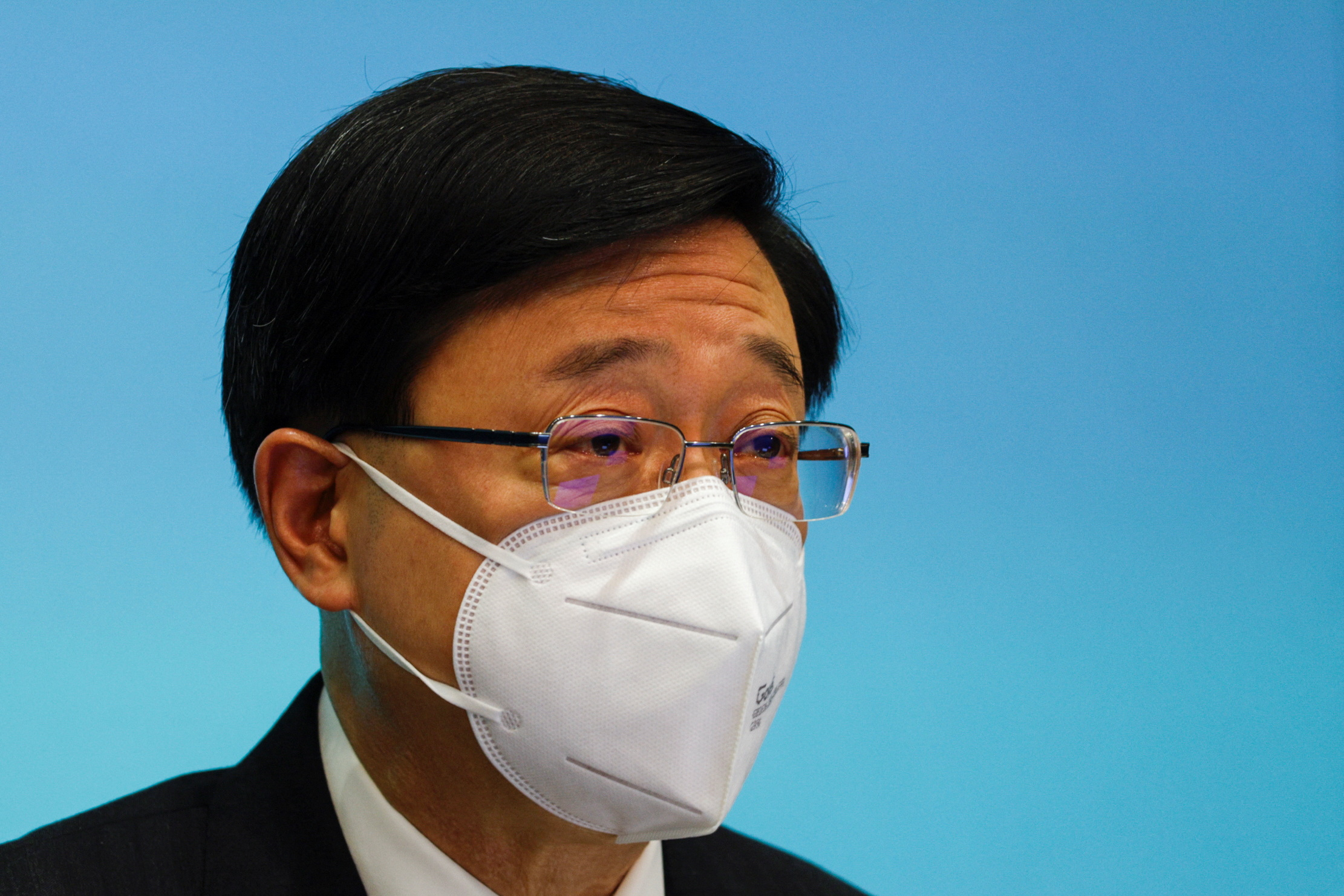
Yesterday, Hong Kong’s Chief Executive John Lee publicly introduced the idea of “reverse quarantine” with the mainland. For Hong Kong, this would mean opening up travel to the neighboring tech hub city of Shenzhen after months of restrictions. Basically, Hong Kong residents would quarantine in Hong Kong before going to China’s mainland so they can avoid China’s 7-day hotel quarantine with three days to follow at home. This policy would create regular, safe travel between the two and help reduce the load on mainland hotels. Plus, mainland Chinese officials support the idea. With a task force still figuring out the details, the reverse quarantine idea isn’t in place just yet. But we could be seeing an agreement soon.
Meanwhile, there is chatter from some anonymous sources that the city is targeting to end mandatory hotel quarantine for international travelers. While nothing has been set in stone yet, according to the source, it’ll come down to case count, deaths and public perception.
Learning loss for kids during lockdown is real bad
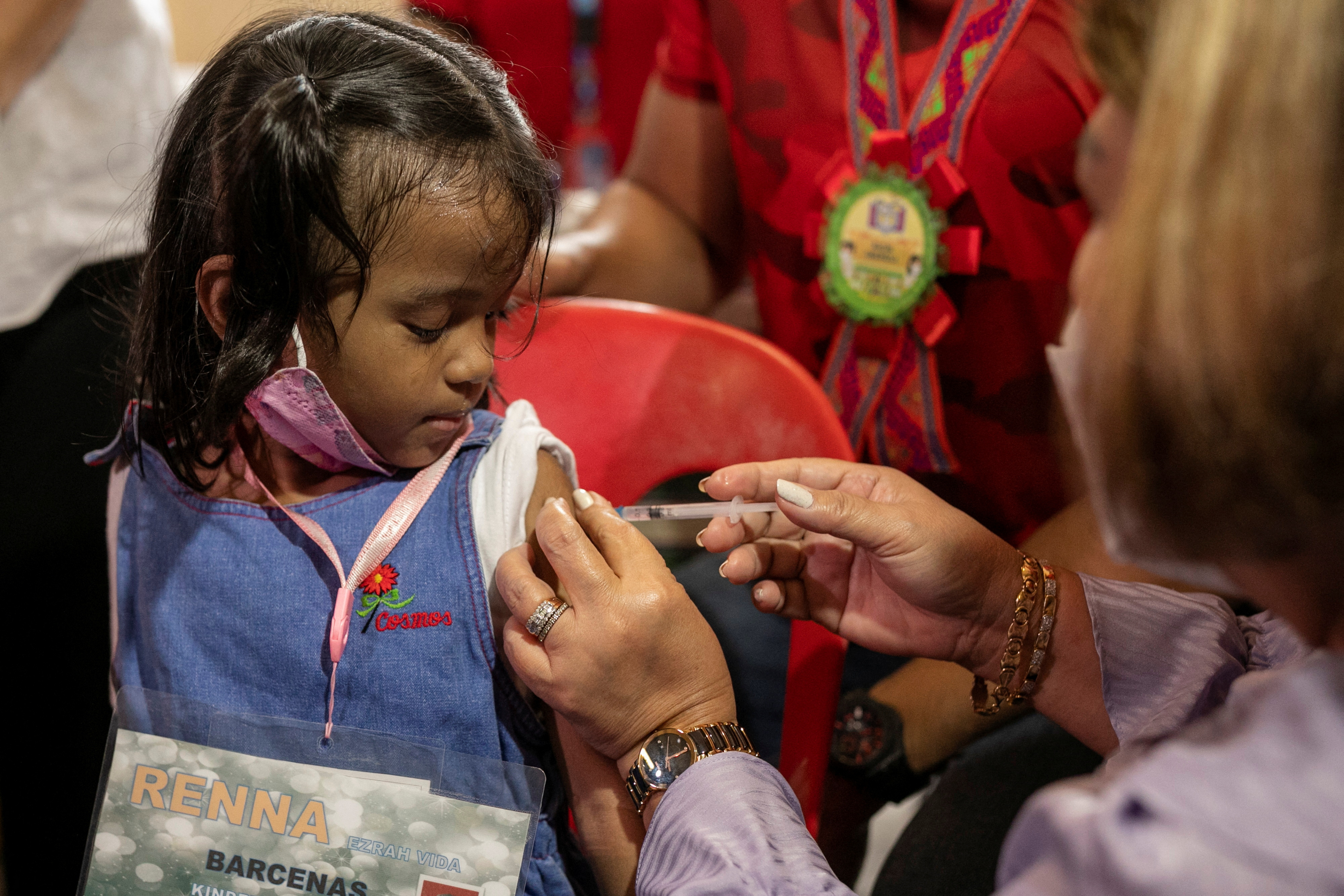
You’ve heard it before – during the pandemic, everything was disrupted. So far, though, there haven’t been many concrete indicators of just how much learning or learning loss actually happened because of the pandemic. But, a new report just came out in the US. And, it isn’t good.
The US Education Department released what it calls the Nation’s Report Card, which essentially indicates how well students across the country are doing. Experts say it’s bad. They’re comparing the learning loss for some children to the patterns seen after The Great Depression, and they’re saying that kids who have been negatively affected will never catch up to their peers. “We’re seeing a lot of … long-term progress completely erased over the course of a couple of years,” said education researcher Dan Goldhaber.
To end, we’ll look into:
Grammarly’s explosion
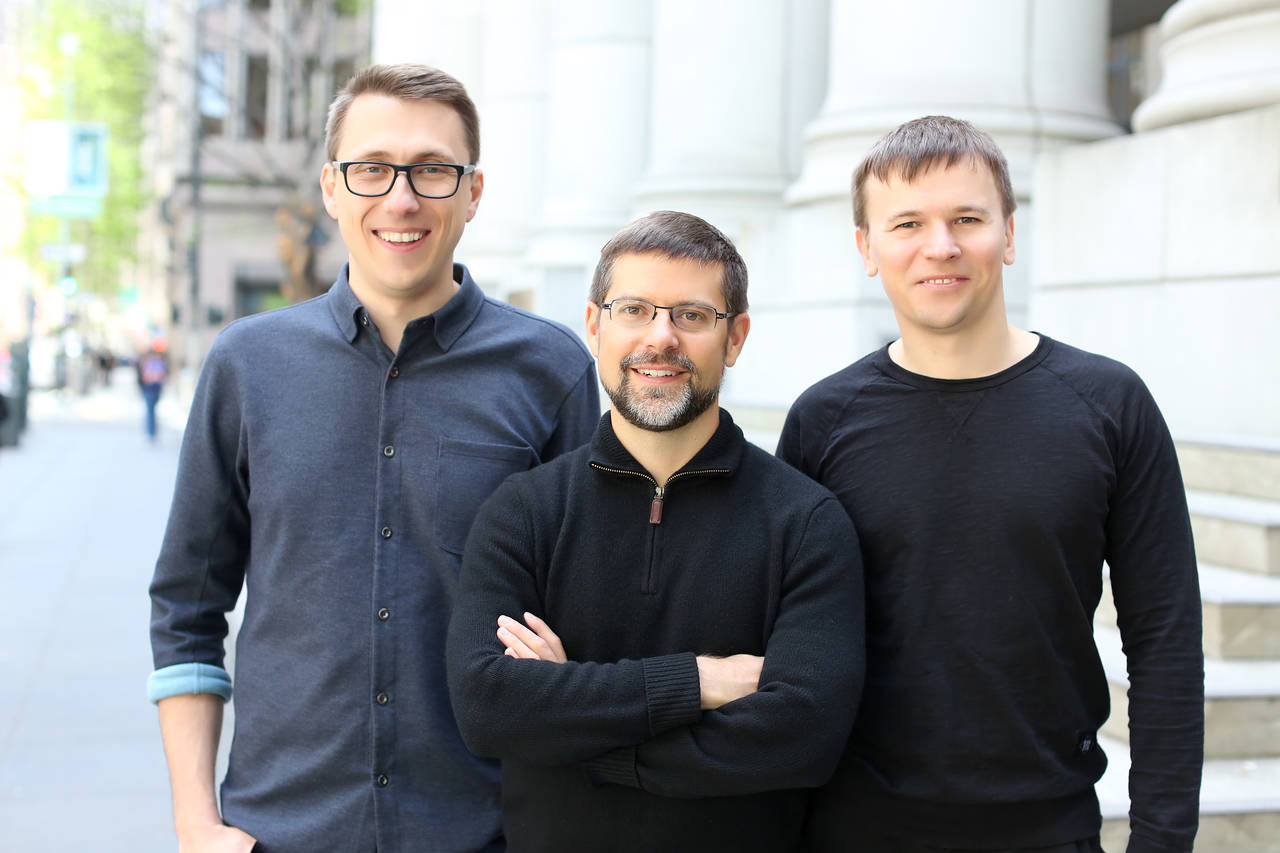
Remember when everyone worked in offices and what often could have been an email was easier to flesh out in person? Fast forward three years into the pandemic, with millions working from home and Zooming in their PJs, those “could have been an email” conversations are now, in fact, emails, and it’s important they’re well written.
As such, it isn’t a huge surprise that heaps of people hopped on the Grammarly bandwagon over the pandemic. If you haven’t heard of Grammarly, think of it as autocorrect on steroids. Not only does it catch misspellings, but it helps people write better by giving suggestions for improving their work and overall tone. Like, it’s just one of the things we use at our mini media factory daily to deliver this Dickens-like prose.
But just to be clear, we’re not hanging all of Grammarly’s success on the pandemic. It was valued at around US$2 billion in late 2019, about a decade after three Ukrainians launched the company in Canada. Now, Grammarly is one of the world’s biggest unicorns, having raised over US$200 million in November and being worth an estimated US$13 billion. According to the Bloomberg Billionaires Index, two of the three founders are worth US$2.4 billion a piece, and the editing tool has attracted investors like BlackRock Inc.
All of that is really exciting, but there are cynics among us that we should probably lend an ear to. Critics of Grammarly aren’t so much critics of the company itself as they are the idea that computer-generated emails will start becoming the norm in an era where we’re spending a little less time with each other in person.
“Authentic communication is very important,” said Andrea Lee, a professor at Austin Peay State University in Tennessee who’s looked at how apps like Grammarly affect people’s ability to learn English. “Students may not put in the necessary effort on assignments if they are reliant on Grammarly.”
In other news …
📉Stocks: MSCI’s gauge of stocks worldwide slipped 0.65% to 2610.25.
📰Some specifics:
- S&P 500 is up 0.3% to 3,966.85.
- Nasdaq Composite is down 0.26% to 11,785.13.
- Dow Jones is up 0.46% to 31,656.42.
- Hang Seng Index dropped 1.79% to 19,597.31.
🧠Some quick factors to bear in mind:
- Stocks were pretty much flat in the U.S. as people await August’s nonfarm payroll data, a key American jobs report to be released later today.
- Yesterday, the Institute for Supply Management (ISM) said manufacturing PMI was at 52.8 last month, showing expansion due to employment and new orders bouncing back. This is worrying investors because the signs of economic expansion could motivate the Fed to keep raising interest rates.
- All the military activity at Ukraine’s giant Zaporizhzhia nuclear plant and Russia shutting its main gas pipe to Europe also made many nervous. Meanwhile, adding to the political tensions, Washington ordered Nvidia Corp to stop selling two major high-tech chips for artificial intelligence to China. Tensions between Taiwan and China are also still brewing.
- Meanwhile, China’s megacity Chengdu was put on COVID lockdown.
👄Some comments and chatter:
- “The U.S. data this week has suggested the Fed still has a lot of work to do to reduce demand sufficiently to bring inflation down," analysts at ANZ Bank said in a note to clients.
- “The Fed effect is now melding with other global factors such as China’s growth slowdown and Europe’s stagflation to create a more fraught global macro environment with higher rates and lower growth. It is this combination of hawkish central banks led by the Fed, China’s slowdown and Europe’s stagflation that is now driving volatility across global markets," said Alvin Tan, strategist at RBC Capital Markets in Singapore.
🛢Oil: The price of Brent crude slid 3.9% to US$91.95 per barrel, and U.S. crude fell 3.7% to US$86.27 a barrel. Reports of new COVID-19 lockdowns in China have created concerns over softening oil demand.
👛Bitcoin: At the time of writing, Bitcoin is up 0.2% at around US$20,089.
🇺🇦UN arrives at nuclear plant: It’s been a weeks-long, uphill battle for the International Atomic Energy Agency to get to the Russian-occupied Zaporizhzhia nuclear power plant. But they finally made it and are ready to visit the plant and meet workers there, making sure everything is under control. This comes after weeks of shelling around the plant, scaring many over a nuclear disaster.
🇵🇱Poland demands WWII reparations: 80 years after World War II, Poland’s ruling nationalists have estimated the country’s losses caused by Germany at 6.2 trillion zlotys (US$1.32 trillion). Warsaw will officially demand reparations, but Germany has already claimed all financial claims around WWII have been settled.
🇹🇼Taiwan shoots down drone: For the first time, Taiwan has shot down an unidentified civilian drone in its airspace. Recently, the government pledged to take stricter action against intrusion.
🇵🇸Palestinian prisoner ends hunger strike: After 172 days on hunger strike, Palestinian prisoner Khalil Awawdeh is ending his protest. Held in an Israeli prison without charge or trial, Awawdeh reached a deal with authorities and will be released this October.
🛢G-7 to discuss cap on Russian oil price: On Friday, the G-7 is set to talk about a proposal to allow global purchases of Russian oil, but at a capped price. The US is hoping that this measure would relax oil prices and make it so that Russia doesn’t see increased revenue from crude oil.
🇩🇪Germany revives super-polluted river: For decades, the Emscher River in western Germany’s industrial heartland was officially designated an “open sewer.” Ew. After 30 years of rewilding efforts, though, the Emscher has been revived and is now sewage free, and apparently, there’s even fish. German Chancellor Olaf Scholz hailed the river’s journey as an example of what Germany needs to move toward a cleaner, greener future.
👽Device on Mars generates oxygen: Earlier this week, scientists revealed that a Mars-roaming, lunchbox-sized device is already able to produce as much oxygen as a tree. Researchers hitched the small machine onto the back of NASA’s Perseverance rover, and now it generates oxygen from the atmosphere on Mars. And out of this world success, this experiment is the first to harvest and use resources on a foreign planet.
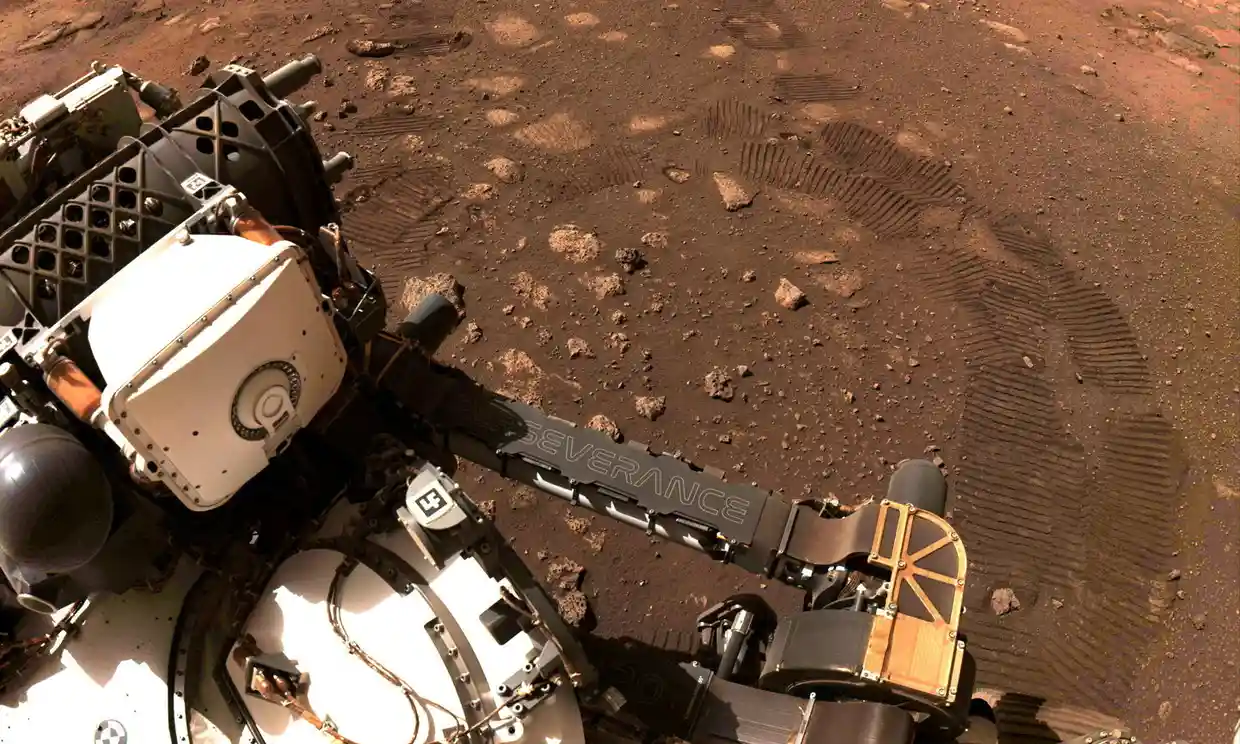
Written and put together by Jake Shropshire, Vanessa Wolosz, Christine Dulion and Krystal Lai




Comments ()